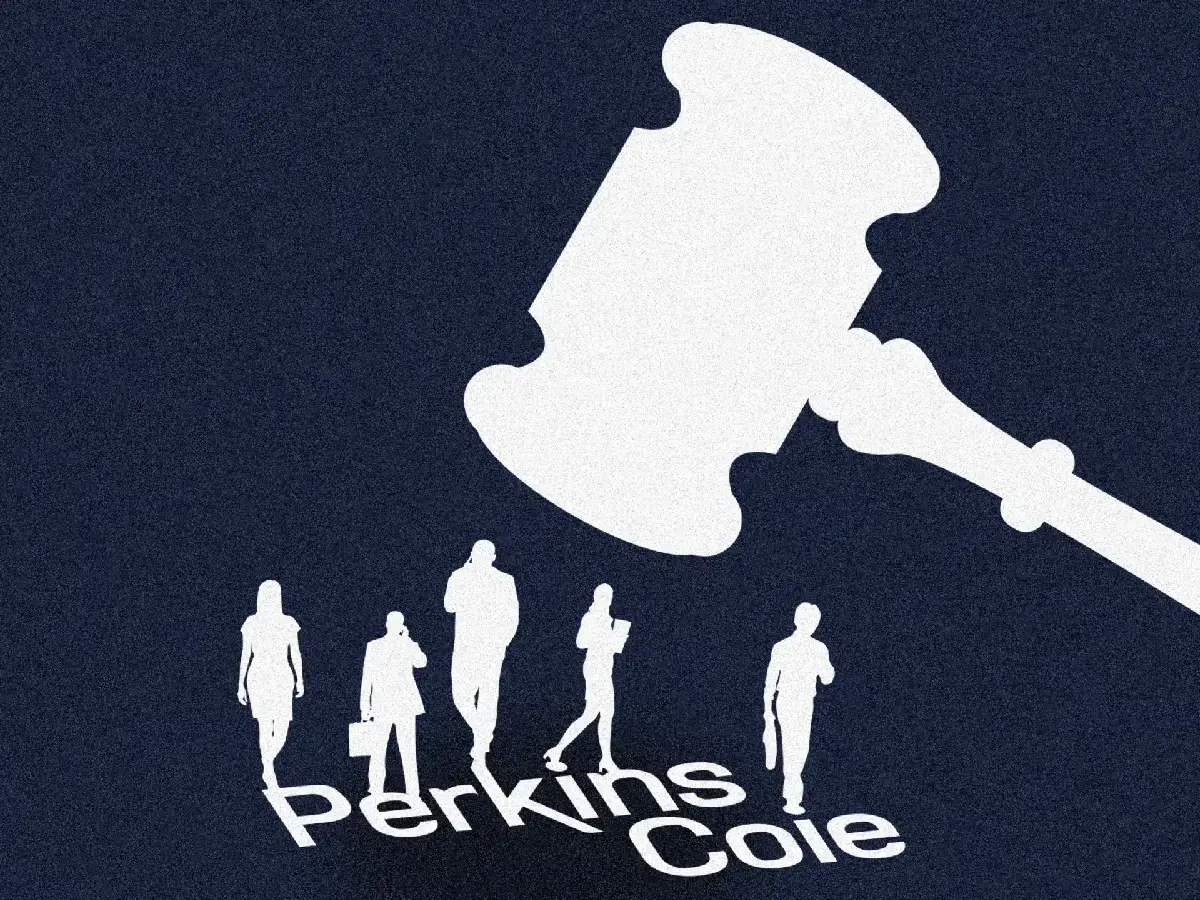In an unprecedented display of solidarity, several prominent law firms have united to sign a legal brief defending Perkins Coie, after actions by the president deemed threatening to the justice system and the broader rule of law. This outstanding move underscores a growing concern among legal professionals that the administration’s tactics could undermine foundational legal principles.
Perkins Coie, a well-respected law firm, found itself at the center of controversy after facing criticism and legal challenges from the president and his administration. The criticism escalated into actions that Perkins Coie and its supporters believe could compromise its ability to serve its clients and the public effectively, thereby posing a significant threat to the norms and practices typically respected in legal contexts.
The legal brief signed by these supporting firms argues that the president’s actions constitute an undue influence on legal practice and could have far-reaching consequences on the impartial administration of justice. According to the brief, such measures not only jeopardize Perkins Coie but also signal potential risks for any legal firm engaged in politically sensitive or high-stakes cases, which could be subjected to undue political pressure or retribution.
This brave stance comes amidst varied responses from within the legal community. Notably, the largest law firms have opted out of signing the brief. Their abstention raises questions about the balance between political sensitivity and professional integrity, reflecting a possibly cautious approach towards involvement in highly politicized legal battles. This division among top law firms highlights the complexities and potential repercussions of engaging in a legal stand against a sitting president’s actions, particularly when the outcomes could influence the firm’s operations or client relationships.
Supporters of the brief argue that intervention is necessary to protect the integrity of the legal profession and its crucial role in upholding democratic values, including the separation of powers and checks and balances. They believe that without a strong, united stand, the encroachment observed in this situation could escalate into more overt actions against legal adversaries, ultimately eroding the rule of law and democratic governance.
The implications of this case extend beyond the specifics of the dispute involving Perkins Coie. They touch upon the broader theme of how democracy, law, and politics interact in the United States. Legal experts and scholars closely watching this situation have expressed concerns about the potential setting of a precedent where political leaders might exert pressure on legal firms to dissuade them from taking up sensitive or unpopular causes. Such a trend could inhibit the legal community’s ability to undertake robust representation of diverse interests and cases.
As this scenario unfolds, it will likely ignite extensive debates within the legal profession about the limits of political engagement and the responsibilities of law firms to their clients and society. The law firms that chose to support Perkins Coie through the legal brief are advocating not just for a single entity but for the broader principle that law firms should operate free from political targeting.
Moving forward, the legal community and observers alike will watch for any shifts in policy or approach from the administration regarding legal practices. They will also be keen to see how the largest law firms navigate their roles in an increasingly polarized political environment. The stakes are high; the outcome will significantly influence not only the future operations of Perkins Coie but also the foundational aspects of legal practice and adjudication in America.










